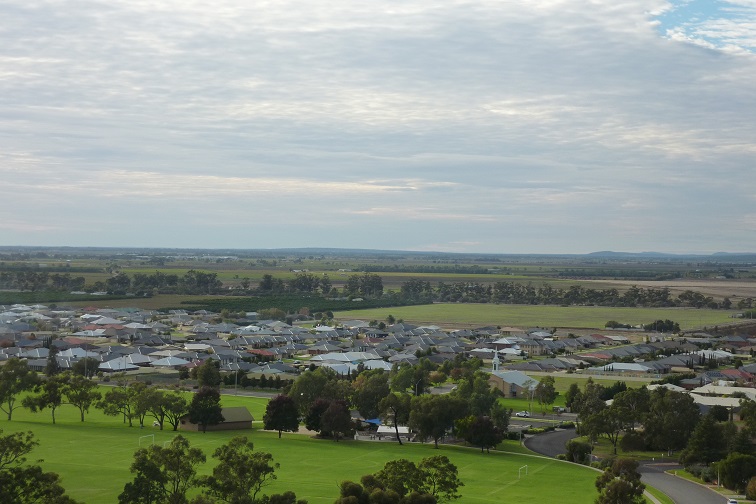
More physiotherapy students #GoRural for clinical placements…. And get better marks
A study from the University of Newcastle have found that there has been a greater number of physiotherapy clinical placements to rural areas for the past 12 years, with students going to rural areas also achieving higher assessment marks than those completing their placements in metropolitan areas.
Australian Physiotherapy Association Rural Group Chair Daniel Mahony said:
“The Australian Physiotherapy Association (APA) is committed to advocating for better access to physiotherapists for the Australian community so it is promising to see a greater portion of physiotherapy students undertaking clinical placements outside of major cities. The evidence shows that if a student has a positive rural placement experience they are more likely to consider employment in a rural area.
Hopefully as this study in the Australian Journal of Rural Health suggests, the increasing number of physiotherapy students undertaking clinical placements in rural and remote areas will translate into a better distribution of the physiotherapy workforce and improved health outcomes in rural Australia.
Rural Physiotherapists play an important role in improving the health of rural and remote Australians. We know that Australians living in rural areas currently have poorer health outcomes than their city counterparts and less money per person is spent on their health. We also know that the number of physiotherapists per person dramatically decreases as you move from major cities to very remote areas.”
Clare Larkin, final year physiotherapy student and member of the Multidisciplinary Albury Rural Health Society said:
“My placement at Broken Hill was great, I found working with the smaller Broken Hill physio and allied health team was really enjoyable. The team was much more welcoming so it felt like a really comfortable learning environment. I also found that the staff were at times more motivated than the staff in my metropolitan prac. They were more creative with their treatment ideas as there is less equipment available. As they were short staffed I also felt my clinical reasoning and time management was better in terms of deciding whether PT was still indicated if the patient was/wasn’t making progress. So overall it benefited my placement, made me more motivated to work hard in my physio studies and also made me want to return to a rural area.”
The National Rural Health Student Network (NRHSN) said:
“The NRHSN supports the findings of Johnston et al. that physiotherapy students who undertook a rural placement received higher examination marks than those who did not as health professionals in rural and remote areas often enjoy a broader scope of practice and offer opportunities for health students on placement to further their professional development in supportive environments that offer many new experiences.
The NRHSN has long recognised the importance of positive, well-supported rural placement experiences in attracting and sustaining a future rural and remote health workforce. Additionally, feedback from NRHSN members and the findings of Johnston et al. support the idea that rural areas represent fantastic learning environments, which provide students with the skills, experience and knowledge to not only excel at their exams but also in their future health practice and as future rural health leaders.”
The University of Newcastle study collected data from all entry level Bachelor of Physiotherapy clinical placements in the Physiotherapy program between 2003 and 2014. For all clinical placements, student assessment mark, year of study, type of placement and placement location were collected.
Between 2003 and 2005 the average proportion of clinical placements occurring in metropolitan areas was 78% and in rural areas was 22%. In 2014 these proportions had changed to 59% and 40%. This result may be reflective of increasing student numbers and greater efforts to support students completing rural and remote placements.
More articles on My Health Career:
